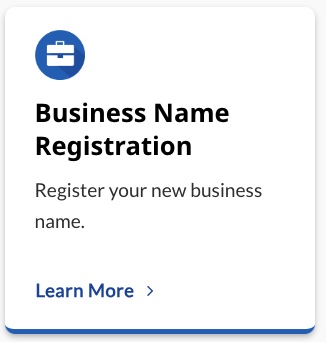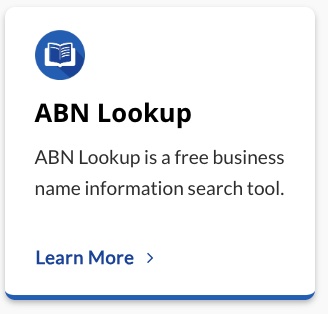**Starting Your Own Business in Australia: A Simple Guide**
Starting a new business is a thrilling adventure filled with both challenges and rewards. This journey can be particularly exciting in a thriving economy such as Australia. Yet, you may be wondering about the necessary steps to start a business in Australia. This is your easy-to-understand guide to launch your venture in the land Down Under.
**Understanding the Basics of Business Structure**
The first step is to familiarize yourself with the basic types of business structures that are commonly used in Australia. These include:
i. Sole Trader: This is the simplest type of business structure which is owned and run by one person.
ii. Partnership: This is a type of business where two or more people share the ownership.
iii. Company: This is a legal entity separate from its shareholders. It’s more suitable for larger businesses.
iv. Trust: This is a business structure where a trustee carries out the business on behalf of the beneficiaries.
Right from the onset, carefully choose the right business structure that fits your goals and vision. This is crucial because it affects the taxes you pay, the amount of paperwork needed, and your personal liability among other things.
**Choosing and Registering Your Business Name**
Your business name is your identity and thus, it should reflect your brand. You should choose a name that is unique, memorable, and easy to pronounce. After choosing a name, the next step is to register it. This can be easily done online at register.biz.au. Keep in mind that by registering your business name, you prevent other businesses from using the same or a similar name.
**Developing a Business Plan**
A business plan is a roadmap for your business. It outlines your objectives, strategies, target audience, finances, and much more. It helps you stay organized and focused on your business goals.
Your business plan should include the following key elements:
– Summary: This is an overview of your business including its name, structure, and location.
– Goals: Here, you outline your business goals and how to achieve them.
– Market analysis: This is all about knowing your competition and understanding your customers.
– Operational plan: This includes your business processes, suppliers, equipment, and IT systems.
– Management and organization: This gives details about your team and their roles.
– Marketing plan: This defines your marketing strategy.
– Financial plan: This includes detailed financial projections and cash flow.
Remember, a good business plan is never static – it evolves as your business grows.
**Understanding Tax Obligations**
A good understanding of your tax obligations is necessary in running a successful business. Australia has its unique tax laws, so you will need to understand things like goods and services tax, pay as you go withholding, and company tax.
**Consult Professionals**
Running a business goes beyond just selling products or services. You need to make sure you’re on the right side of the law, you’re operating efficiently, and you’re maximizing opportunities.
Register your new business name at register.biz.au


